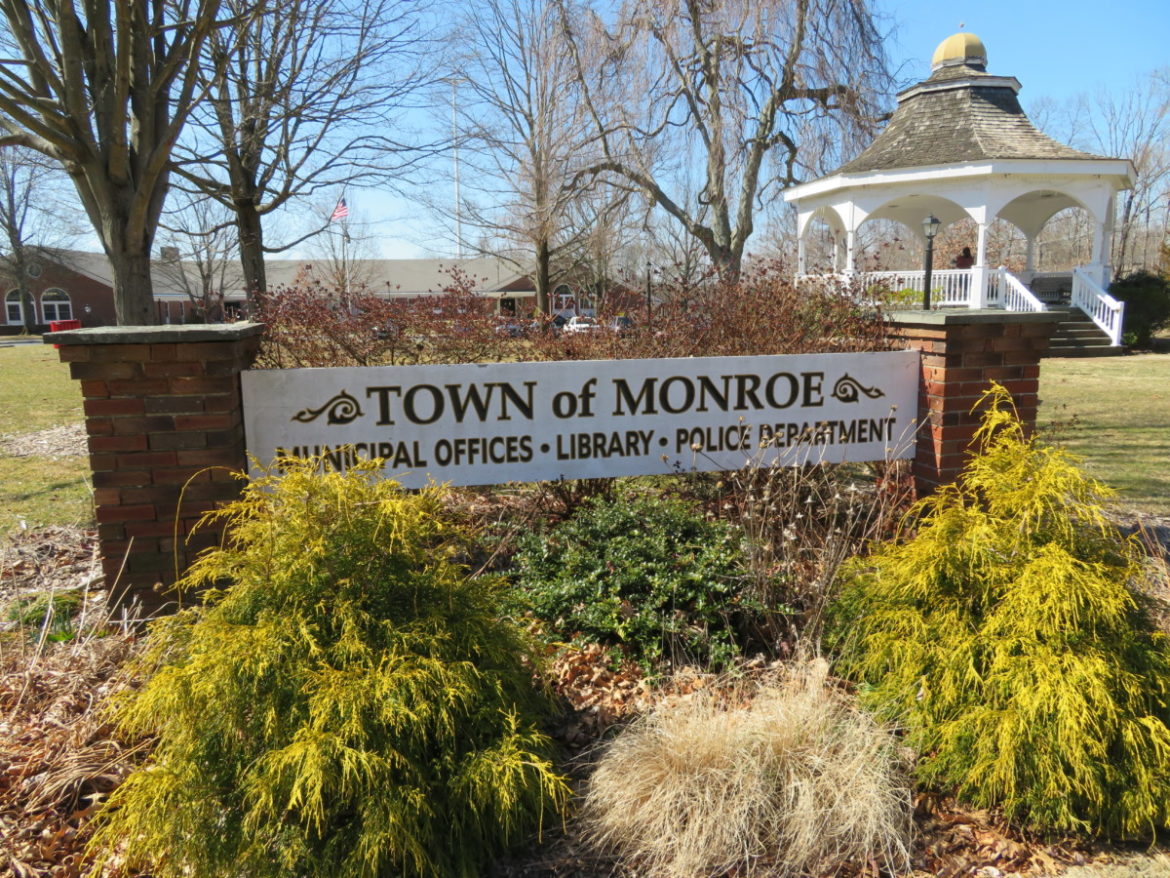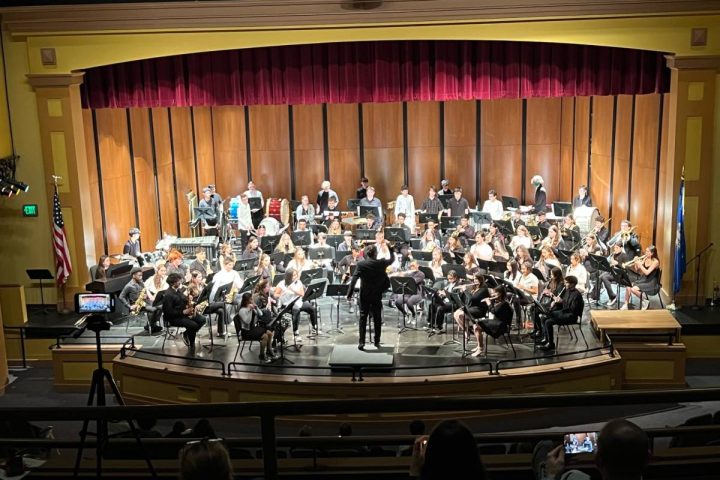MONROE, CT — Finance board members prefer a plan lowering the annual interest rate on delinquent taxes, rather than one extending the payment deadline, to assist residents struggling to pay their bills during the global coronavirus pandemic.
Gov. Ned Lamont gave municipalities a choice to adopt one or both of the plans in a recent executive order. Though the Town Council will make the decision, First Selectman Ken Kellogg asked the Board of Finance for its input.
During a budget workshop Thursday night, the finance board reached a consensus to recommend the plan that lowers the annual interest rate for delinquent taxes from 18 to three percent.
Chairman Michael Manjos said he spoke with finance directors in other towns to determine the other option, to extend the deadline to pay without interest from July 1 to Oct. 1, was too risky.
“If we deferred it 90 days and everyone took advantage of that, we would run out of money in six weeks,” Manjos said. “I think we should tell the Town Council we would recommend lowering the interest rate, so we still have a cash flow to function.”
Manjos said the town is in a catch-22, because officials do not want to layoff employees.
Town Council members will consider the input of the Board of Finance when they make their decision at a special meeting to be scheduled for the week of April 20.
The low interest rate program reduces the statutory interest rate for delinquent taxes from 18 percent per year (1.5 percent a month) to three percent per year (0.25 percent a month). Taxes due on July 1, 2020 would still have a grace period to Aug. 3, 2020 with no interest. Taxes paid from Aug. 4 to Oct. 2, 2020 would be subject to the lower interest rate.
Other than landlords, there is no eligibility criteria. Any taxes already delinquent as of March 10, 2020, would be subject to the lower interest rate from April 1 to July 1, 2020.
Tax Collector Deborah Heim said one of her concerns is that a lot of people will not be aware of the fact that the interest reverts back to 1.5 percent a month if they don’t pay it by the extended deadline.
Heim said she would still have to follow the same enforcement policies, counting them as delinquent, which could hold up things such as registering one’s vehicle.
Steve Kirsch, a board member, noted how 85 percent of people in town have their property taxes paid through escrow, so he wondered if mortgage companies could pay the bills, even if the town went with the deferral option.
But Manjos said if someone is having trouble keeping up with their mortgage payments, the company is not obligated to use the escrow to pay town property taxes.
Vice Chairman John Ostaszewski said, “at first, I thought the deferral would be the best option. But after looking at the numbers, the interest rate is almost as good as the deferral in helping taxpayers.”
Craig Hirsch, a board member, said the quarter percent interest rate makes paying taxes more palatable for families in need, than deferring it and having to pay the entire bill at once three months later.
“I agree with that,” said Dane Krchnavy, a board member.
Kirsch and fellow board member, Rebecca O’Donnell, also agreed with supporting the plan with the lower interest rate.
“I looked at it through so many lenses,” O’Donnell said. “I would say option two is our best route right now.”






